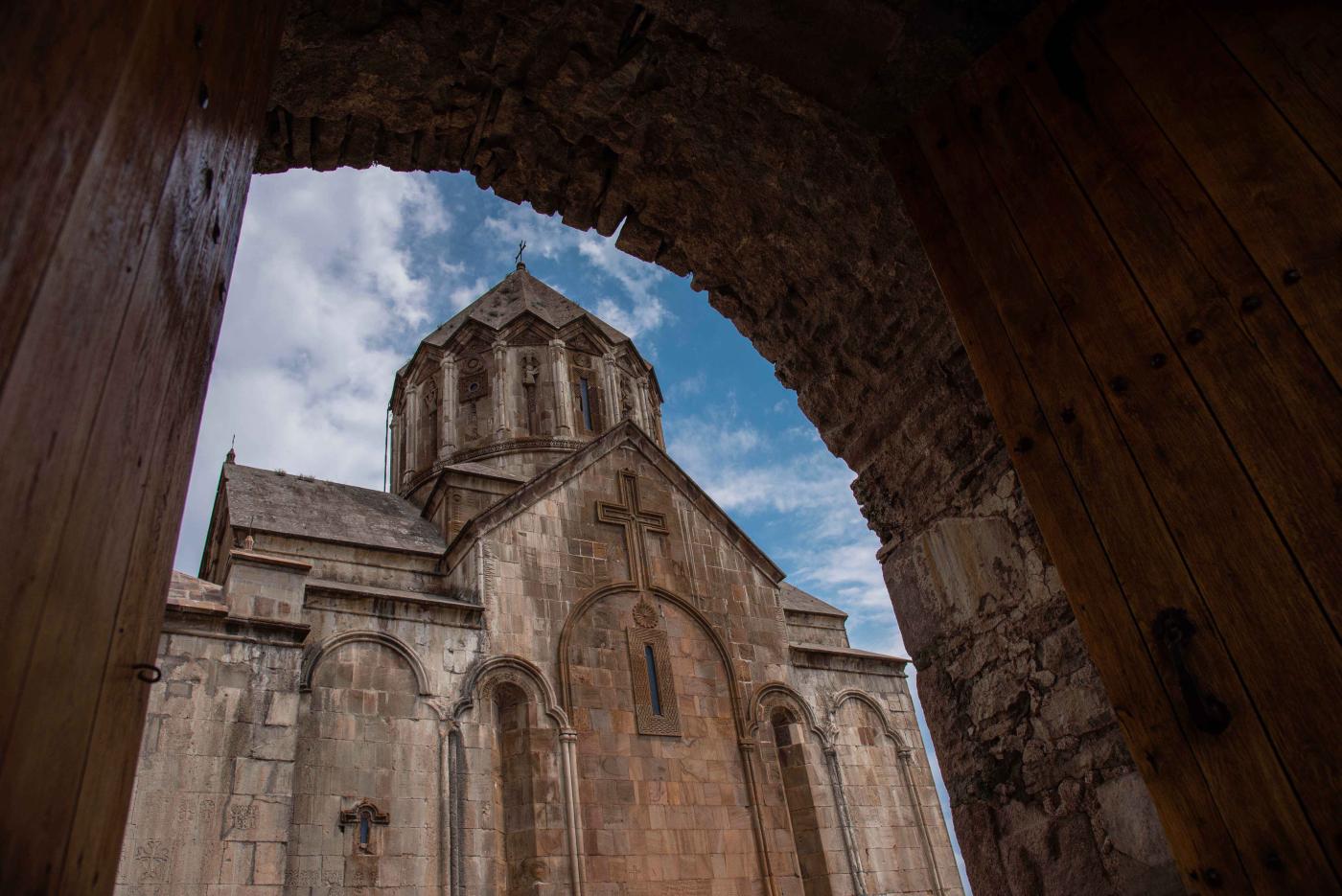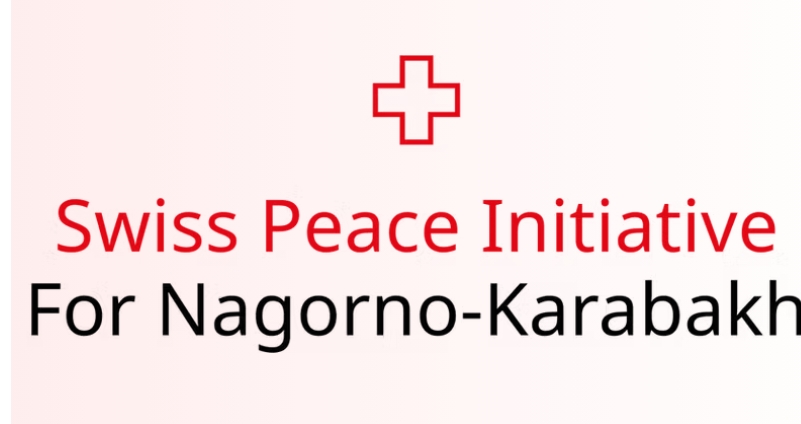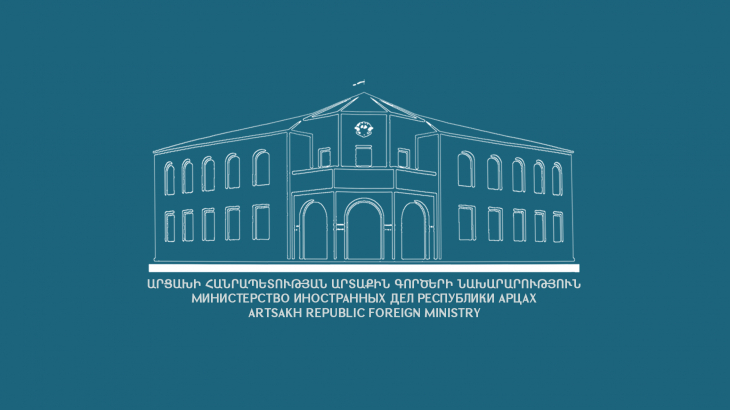Կարող եք կարդալ

13th-century monsatery of Gandzasar in Artsakh/Nagorno Karabakh. Photo: David Ghahramanyan
Final Statement of the International Conference on the Preservation of Armenian Religious, Cultural and Historical Heritage in Artsakh/Nagorno Karabakh
Bern, Switzerland | 27–28 May 2025 Preamble: A Framework of Responsibility and Response Isaiah 58:12 « Your ancient ruins shall be rebuilt, you shall raise up the foundations of many generations; you shall be called the repairer of the breach, the restorer of streets to live in. » Galatians 6:2 « Bear one another’s burdens, and in this way you […]
Կարդալ
«Swiss Peace Initiative for Nagorno-Karabakh» commission launched
On May 26, 2025, in the Swiss capital Bern, an interparty commission composed of 19 parliamentarians supporting the “Swiss Peace Initiative” launched its work. The commission aims to assist in the implementation of the Swiss Parliament’s decision to activate the necessary international mechanisms for realizing the right of return of the Armenians of Artsakh— a […]
Կարդալ
ANCA Welcomes Launch of Swiss Peace Initiative for Nagorno Karabakh
May 26th Forum in Bern Aims to Secure Right of Return for Displaced Artsakh Armenians WASHINGTON, DC – The Armenian National Committee of America (ANCA) welcomes the May 26th launch of the “Swiss Peace Initiative for Nagorno-Karabakh” – a groundbreaking, cross-party initiative by Swiss Parliamentarians to advance the Swiss government’s decision to establish an international platform […]
Կարդալ
